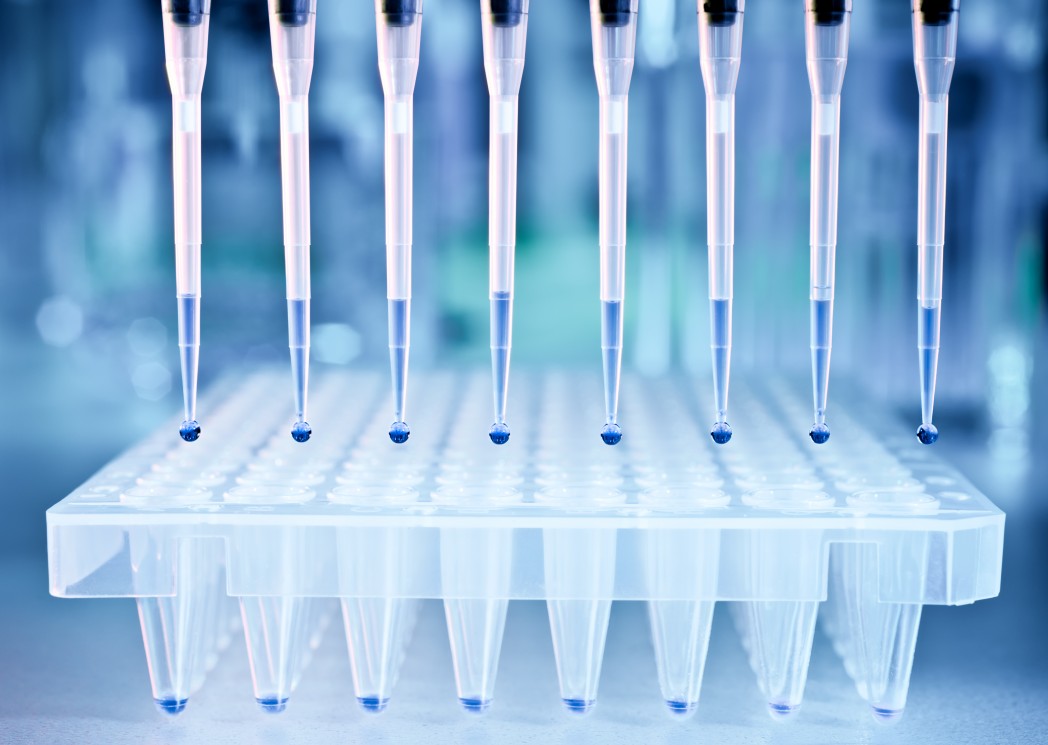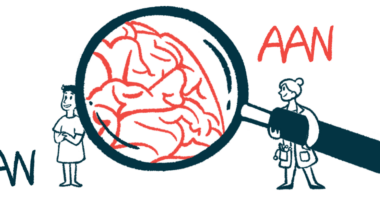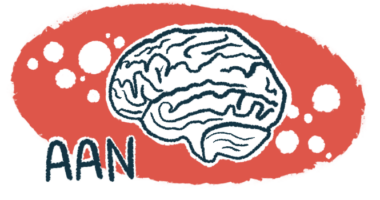New Insights Into Molecular Mechanisms Underlying Neurodegenerative Diseases – HSAN II and ALS

Dr. Ivan Dikic at Goethe University, Frankfurt, Germany has been involved in two groundbreaking studies focusing on molecular details underlying neurodegenerative diseases. The studies were conducted by international research teams and were recently published in the journals Nature Neuroscience – “Haploinsufficiency of TBK1 causes familial ALS and fronto-temporal dementia” (March 2015), and Nature – “Regulation of endoplasmic reticulum turnover by selective autophagy” (June 2015).
Quality control in cellular processes is crucial, as defects can often lead to serious consequences. Neurodegenerative diseases are examples where fundamental mechanisms of cellular quality control fail, including amyotrophic lateral sclerosis (ALS), a progressive disorder characterized by the gradual degeneration and atrophy of motor neurons in the brain and spinal cord that are responsible for controlling essential voluntary muscles (movement, speaking, eating, and even breathing). ALS has currently no treatment and it is estimated to affect more than 300,000 Americans.
One key element of cellular quality control considered in these studies is autophagy (“self-eating”), a system in which cellular waste (harmful or dysfunctional cellular components but also pathogens) is specifically identified and eliminated. Researchers have now revealed a new autophagy receptor called FAM134B protein in their Nature article. The team found that FAM134 protein receptors can be found in the endoplasmic reticulum (ER), a key cell organelle involved in proper protein and lipid synthesis, ion homeostasis and quality control of newly synthesized proteins. ER turnover and constant renewal is essential for its proper functioning, and autophagy plays an important role in this process, although the mechanisms underlying it are unknown. Researchers have now reported that FAM134B ensures proper degradation and disposal of dysfunctional ER.
“Too little FAM134B leads to an uncontrolled dilation and expansion of this organelle, which is harmful for the cell,” explained Dr. Dikic in a news release. “The discovery of FAM134B as a new autophagy receptor is already a milestone. Even more exciting is the connection to a rare neuronal hereditary disease.” It has been previously reported that FAM134B mutations can lead to the death of sensory neurons in a disease known as hereditary sensory and autonomic neuropathy type II (HSAN II), a rare hereditary disorder in which pain and temperature sensitivity, as well as perspiration are impaired, so that individuals with the disease burn and hurt themselves easily as they cannot feel heat and pain signals. “The mutated protein cannot function as a receptor. With these discoveries we have taken a big step to understanding the molecular causes of this neuropathy. At the same time, the importance of autophagy in cellular quality control is underlined,” said Dr. Dikic.
In the Nature Neuroscience article, defects linked to ALS were reported. The team sequenced 252 familial ALS individuals and 827 healthy controls and found that mutations in a gene called TBK1 (Tank-binding kinase 1) occur more frequently in families with ALS. TBK1 mutations were found to disrupt the interaction between TBK1 and optineurin, an autophagy receptor important in the elimination of aggregated proteins and in defense mechanisms against bacteria. Optineurin has been previously reported to be involved in ALS pathogenesis.
“For me as a medical doctor working in basic science this story represents the ideal case of explaining the pathophysiology of a disease by a collaborative effort across disciplines.” said study’s co-lead author Dr. Benjamin Richter from the Goethe University in Germany.
“The two studies show in an unparalleled way how general concepts can be developed from individual findings,” noted Dr. Dikic. Both studies demonstrate that when cellular quality control fails in neurons over a long time, the consequences can be disastrous, and that autophagy plays a critical role in the cellular quality control. “Autophagy has crystalized as a common central mechanism of cellular quality control in neurodegenerative disease,” concluded Dr. Dikic.






